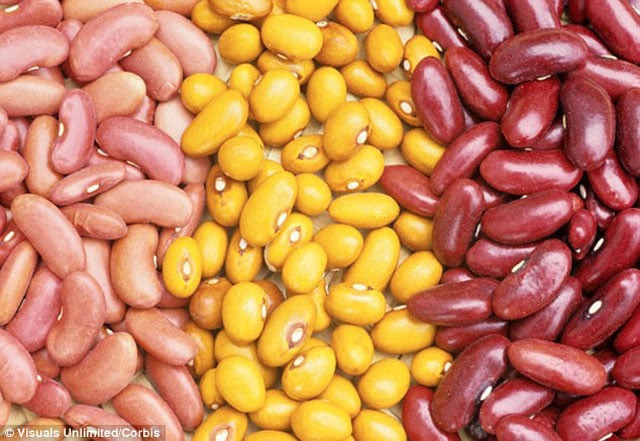Eating pulses can help you shed a bit of weight
Not many people eat pulses on any given day and most do not eat the full serving

Not many people eat pulses on any given day and most do not eat the full serving. PHOTO: DAILYMAIL
Eating veggies doesn't equal avoiding junk food
According to researchers, consuming 130 grams a day of beans, peas, chickpeas or lentils led to a weight loss of 340 grams in over six weeks.
Despite their known health benefits, not many people eat pulses on any given day and most do not eat the full serving.
"So there is room for most of us to incorporate dietary pulses in our diet and realize potential weight management benefits," said lead author Russell de Souza from St. Michael's Hospital in Toronto.
Pulses have a low glycemic index - meaning that they are foods that break down slowly - and can be used to reduce or displace animal protein as well as "bad" fats such as trans-fat in a dish or meal.
The study analysed 940 participants who lost an average of 0.34 kg over six weeks with the addition of a single serving of pulses to the diet - and without making a particular effort to reduce other foods.
The new study fits well with previous work which found that pulses increased the feeling of fullness by 31 percent which may indeed result in less food intake.
"Though the weight loss was small, our findings suggest that simply including pulses in your diet may help you lose weight and we think more importantly, prevent you from gaining it back after you lose it," de Souza noted.
Knowing which foods make people feel fuller longer may help them lose weight and keep it off.
Just walking around can help you live longer
"So eating more pulses means, being more sustainable and receiving many health benefits," he said.



















COMMENTS
Comments are moderated and generally will be posted if they are on-topic and not abusive.
For more information, please see our Comments FAQ